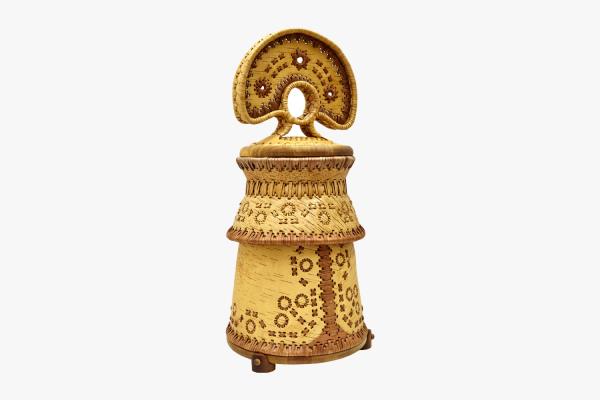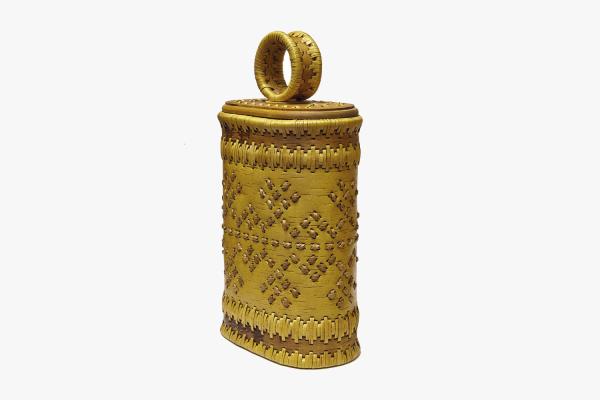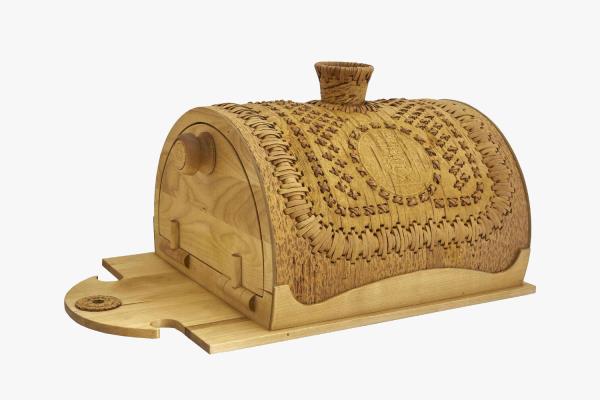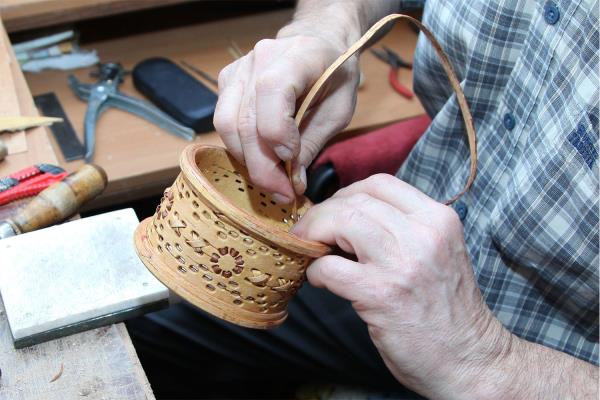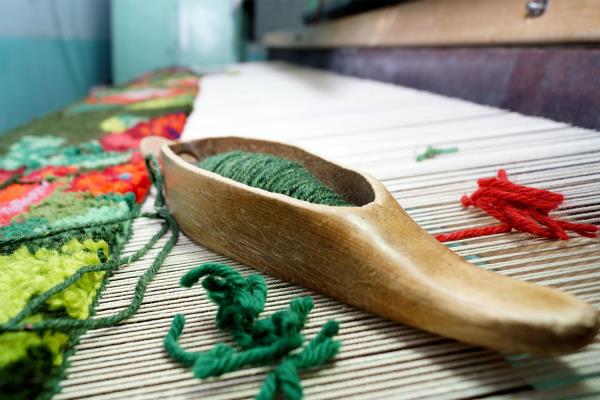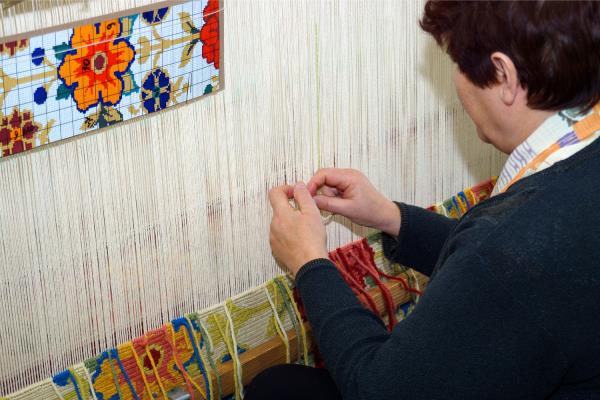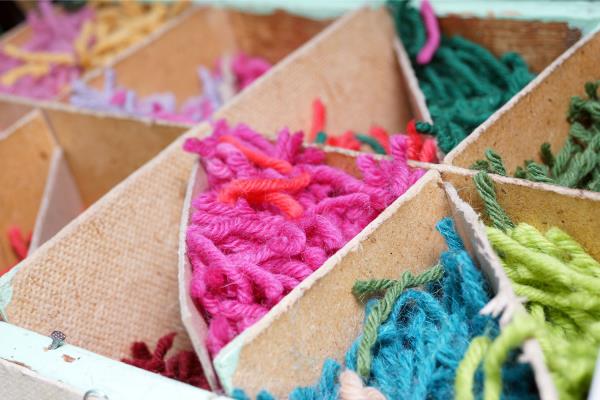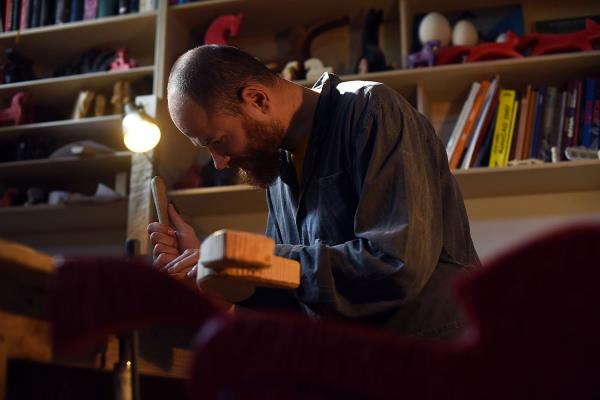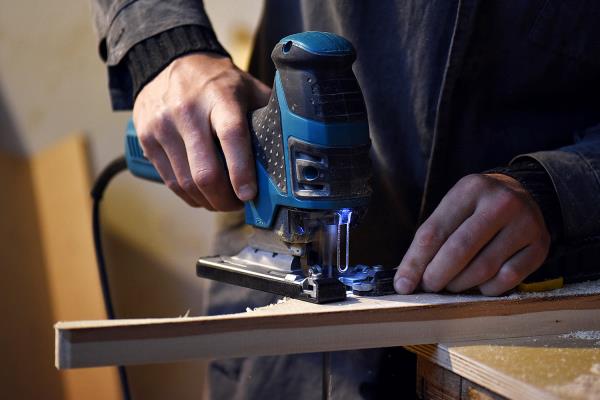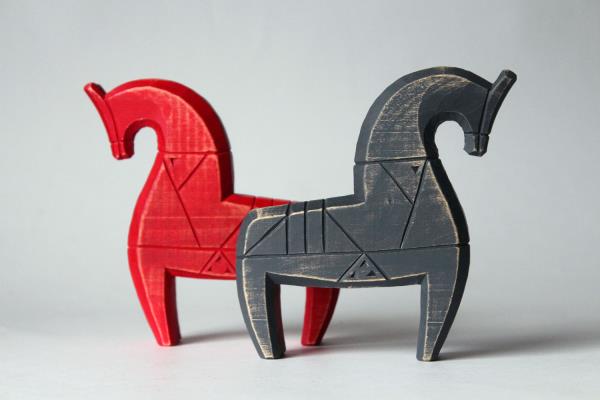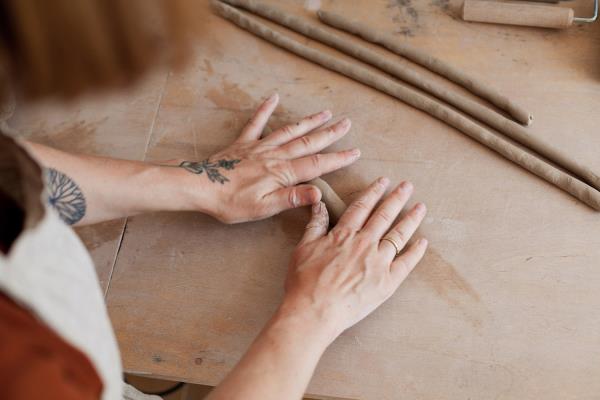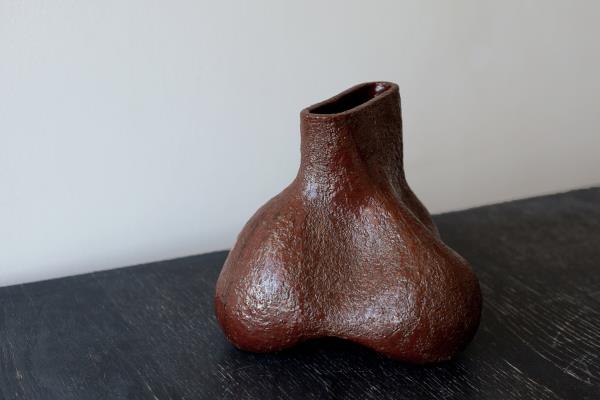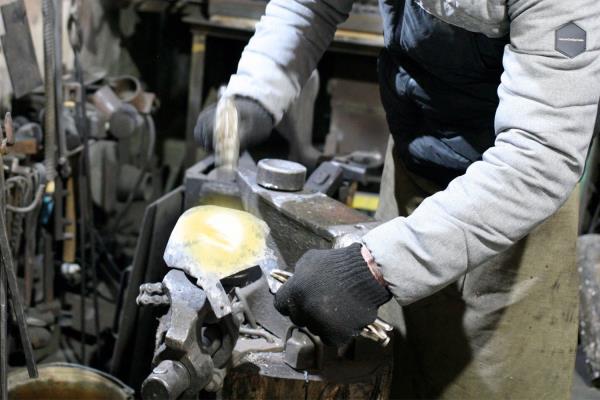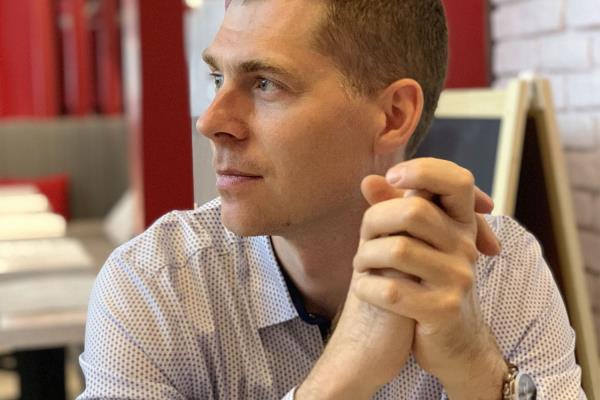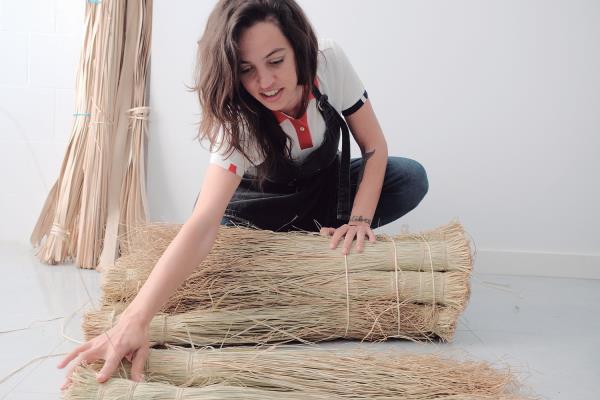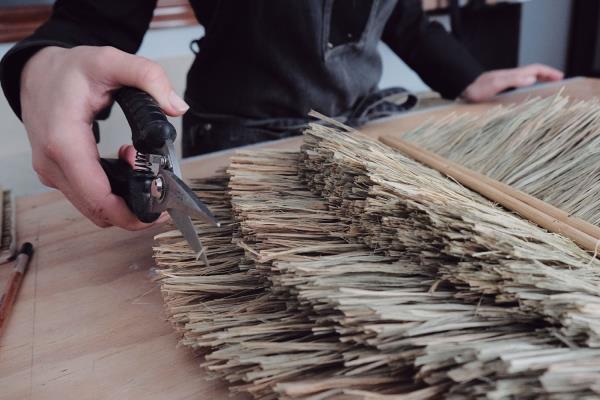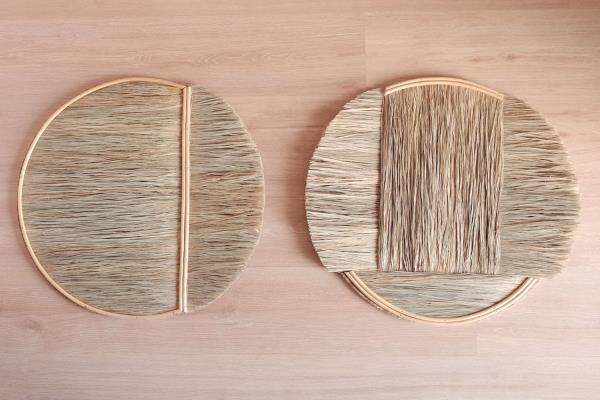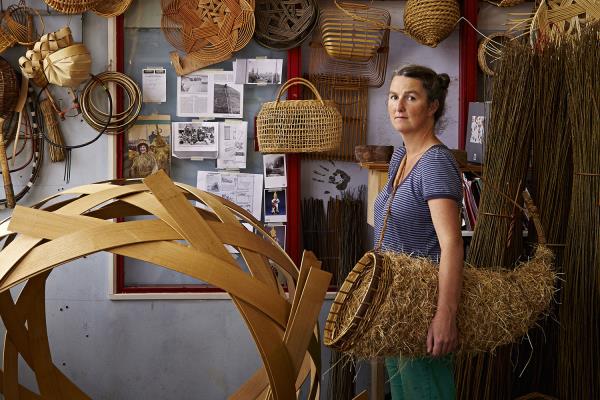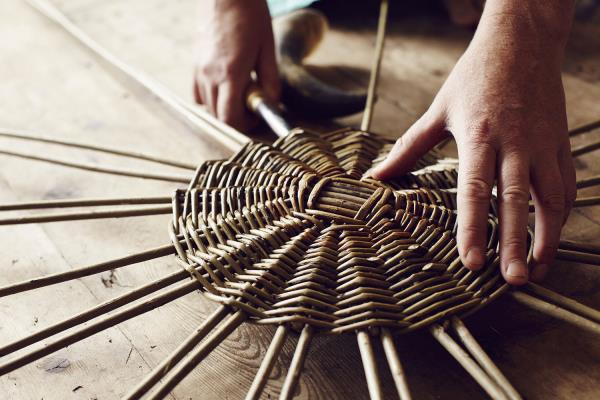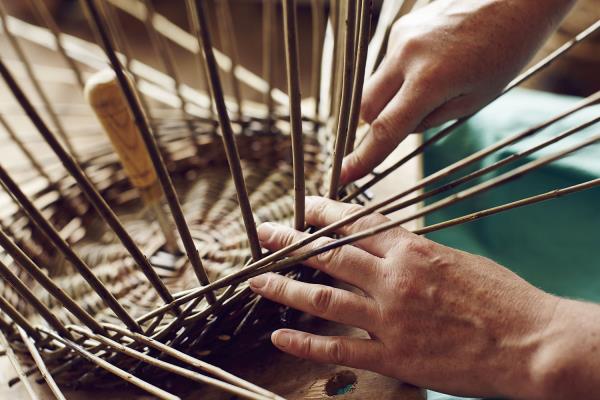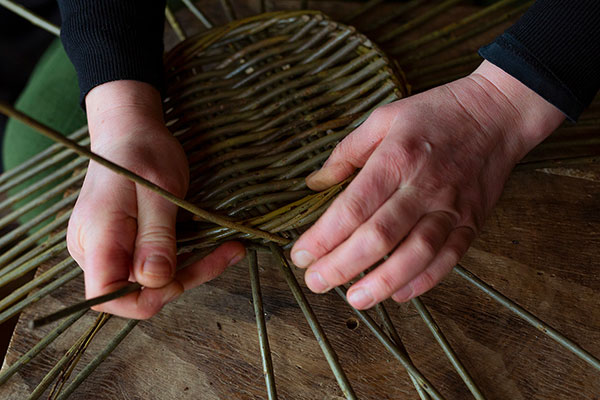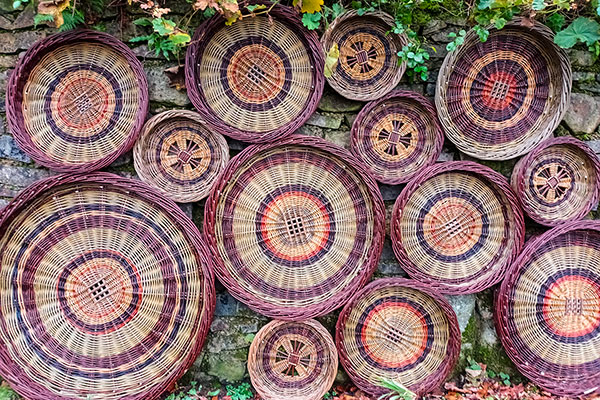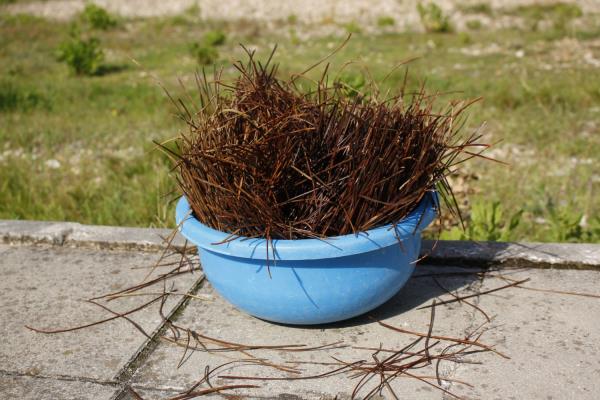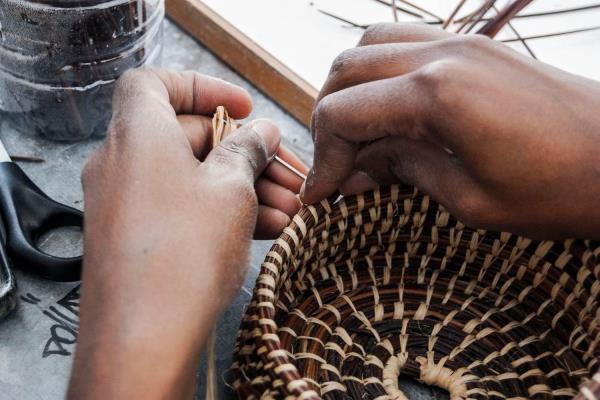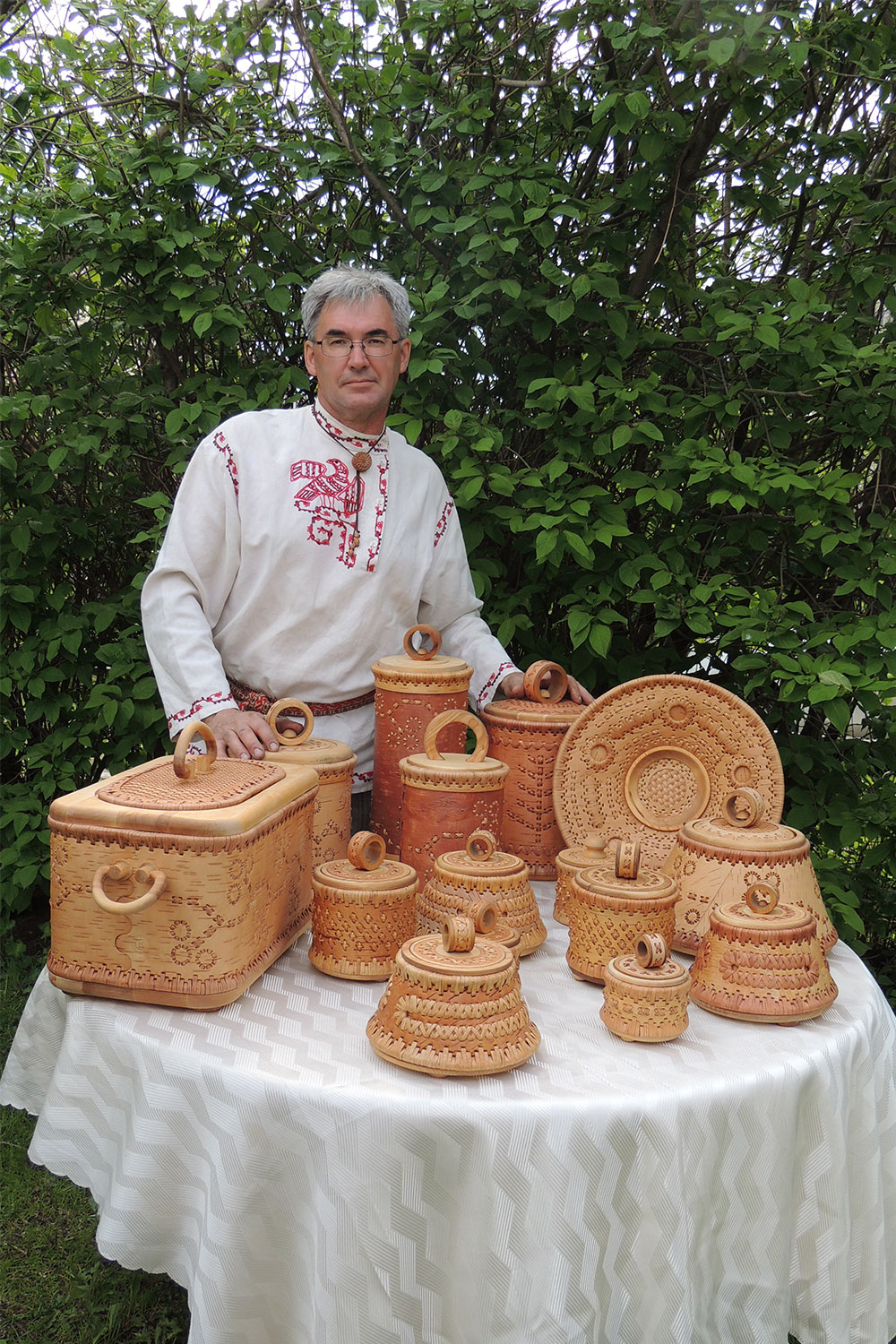
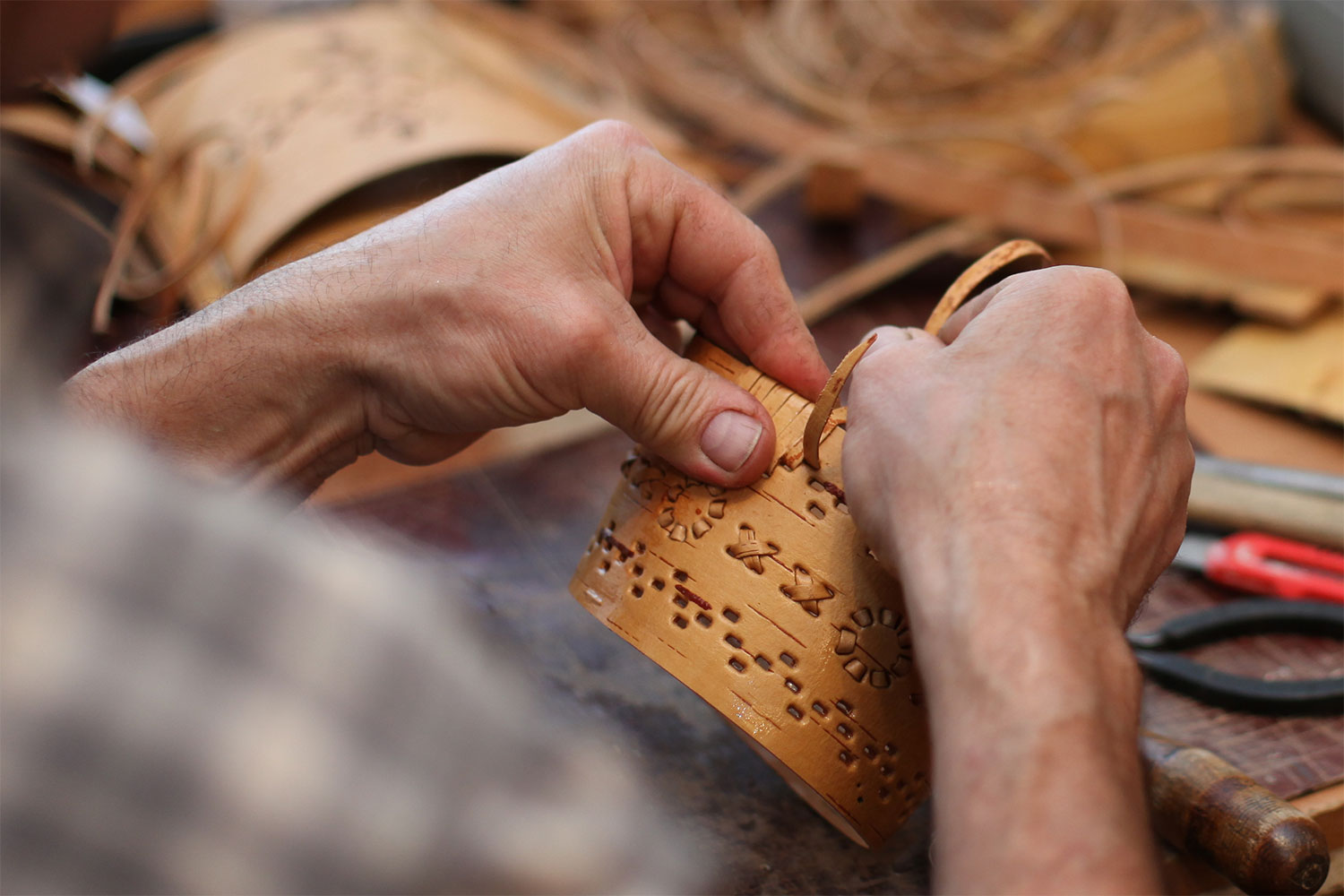
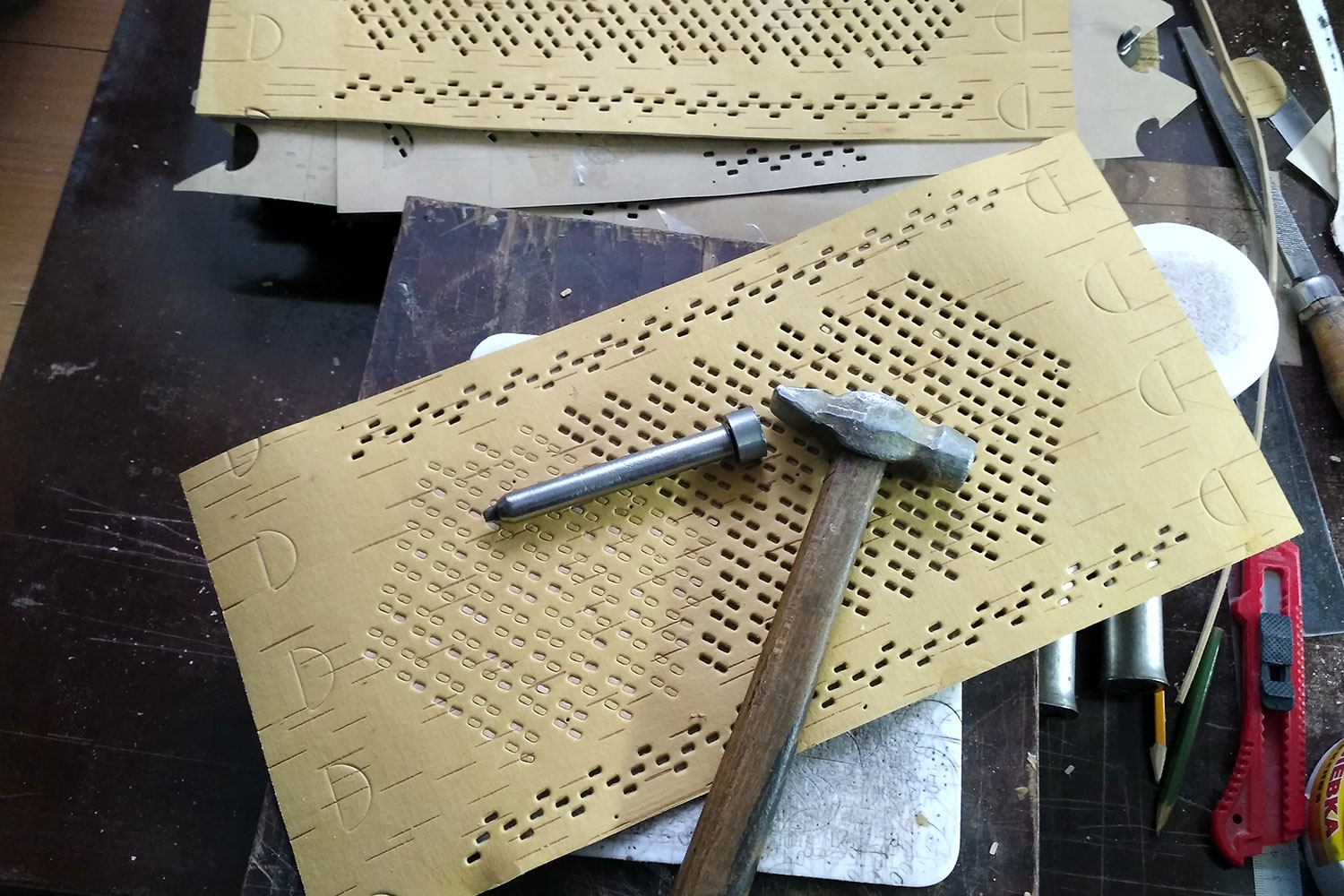
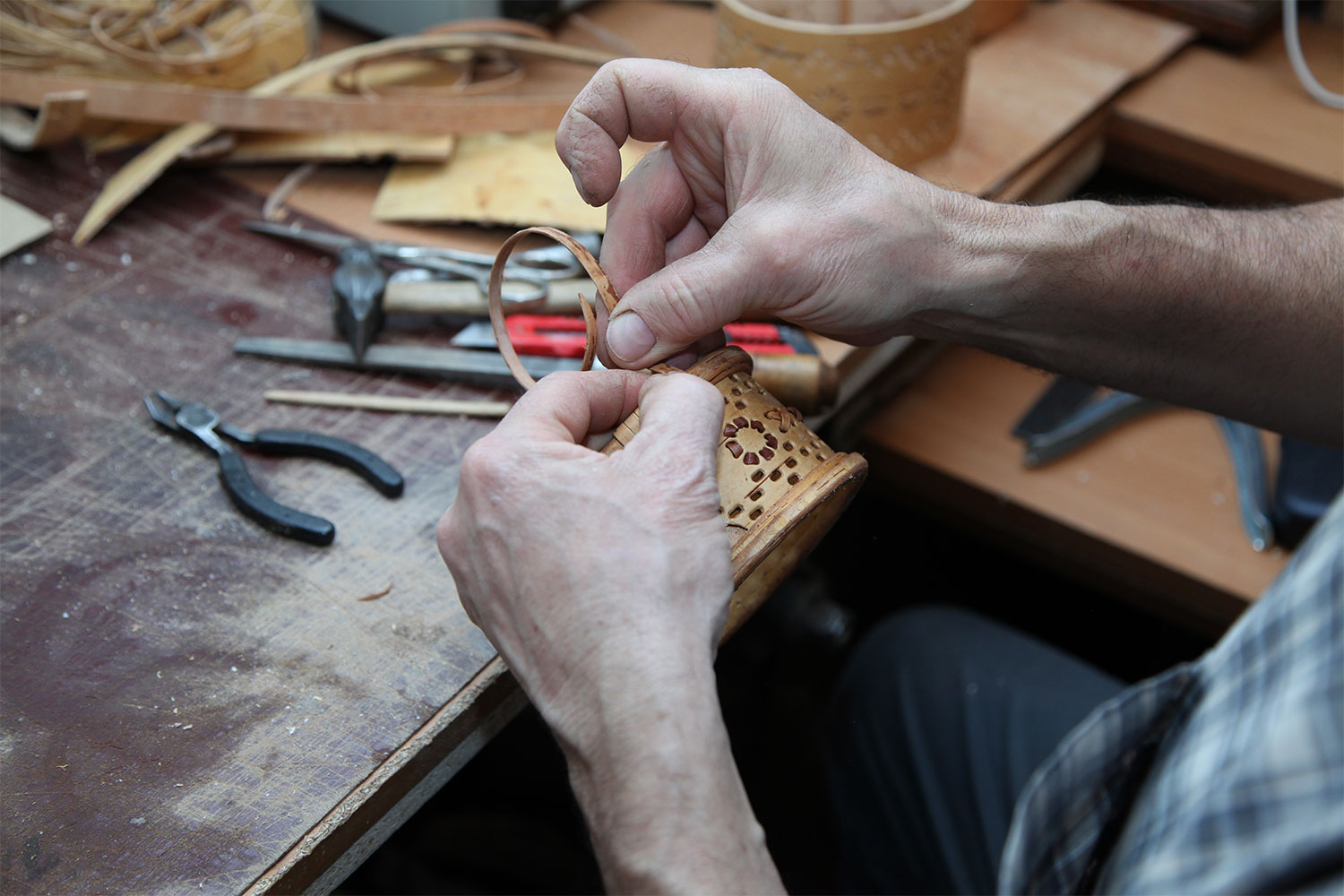




Wonders of the woodland
- Sergei fell for the craft on a cranberry picking trip
- His baskets take three days to three months to make
- He is inspired by traditional folk ornaments from the Urals
Sergei Korotchenya has always admired traditional birch bark crafts, which first emerged in the Urals back in the 17th century, originally practiced by Old Believers. It wasn’t until he came across a stunning piece during a cranberry picking trip back in the late 1980s that he actually decided to try and make one himself. "It was pure chance: I went to the forest with a friend, and saw a guy with a fabulous traditional 'korob' - a casket with a lid, made of birch bark", he recalls. From then he started learning how to harvest and preserve the material and work with it. A self-taught artisan, Sergei soon developed his own style and evolved into one of the region’s leading birch bark weavers, as a second career. His works are now on show at the Sunny Birch Bark Museum, founded by Sergei in 2019.
Interview
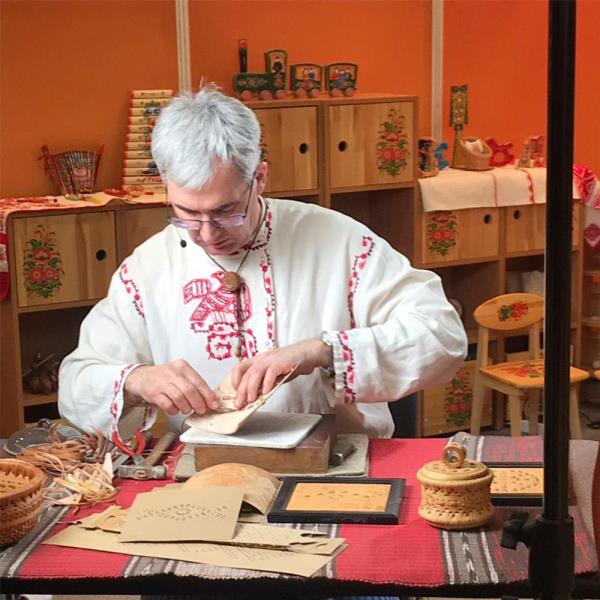
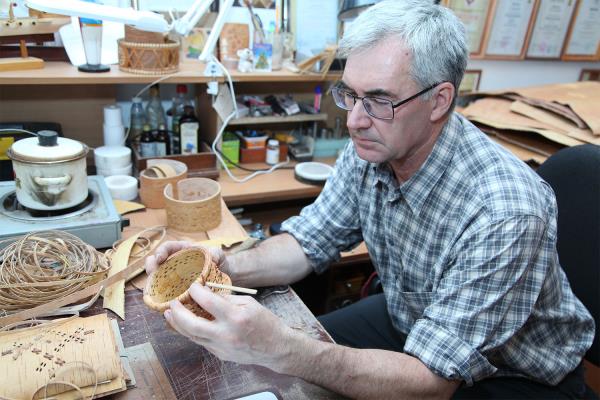
- Do you remember your first item?
- It was a salt cellar, and then a breadbin. And I still enjoy making kitchenware the most: you can use and touch and enjoy a biscuit jar, a sugar bowl or a dish every day, and what I really want is for people to connect to the warmth of this craft.
- What is your signature technique?
- I use a hand punch of my own making to transfer the ornament to the entire surface of the birch bark. The holes are identical, and the pattern creates more volume, body and intensity. My signature element is a criss cross pattern, and I revive traditional ancient ornaments typical to the region.
- How do you harvest and preserve the birch bark?
- I always agree with the forest inspection, which gives me information about the areas designated for cutting. The harvest is always in June, and then the birch bark is left for preservation until late autumn, when it becomes solid and dry.
- Do you train apprentices?
- Yes, I do but not many because I continue working at the processing plant. I am launching a course for a group of disabled people. They are very interested in this craft, and they need a creative hobby, which even might earn them a living eventually.
Sergei Korotchenya is an : he began his career in
Where
Sergei Korotchenya
